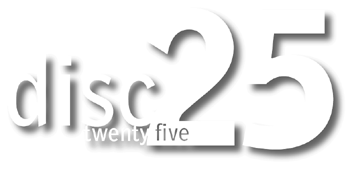

|
April 98
Moving completely away from the Amiga for this month, I've just started to learn Japanese. Japan is a fascinating place made all the more real for me since my girlfriend's brother used to live in Japan and he is married to a Japanese lady. So, I decided to take the plunge and try to learn the language in preparation for perhaps going over there for a holiday. It's not an easy task. To start off with you have three "alphabets". Hiragana and Katakana both have the same number of characters - roughly fifty, but Kanji is basically taken from the Chinese system of pictograms and consists of many thousands of single "letter" forms which mean complete words. There is no way around these, you just have to learn them, but you can get by with Hiragana, although it's a lot more longwinded to write out. Katakana gets used for imported words, like foreigners' names or products or adopted words from outside Japan. The thing is that the Japanese language can be quite easy at the same time. Verbs have very little conjugation, there's no future tense, just past or no-past and the only other form is the negative of the verb. Hardly tricky. But here's the computer connection. Japanese is organised in a way that no sane person would set out a language if they were going to do it from scratch, just like English, only with less excuse since the Japanese culture has stayed largely hermetic compared to the open arms policy of England towards foreign visitors and invaders. It's got bits built on other bits in a very obvious way, even down to the fact that an "h" sound is often pronounced with a "b" or "p" sound. It's bogged down by all this legacy. Windows95 is built the same way. It's stretching and creaking the old eight-bit system that was the original PC in ways it was never meant to go, whereas at least the Amiga was really built for the future. What other operating system can you think of that has had as little development as the Amiga and yet continues to work beautifully with everything you throw at it? I'll learn Japanese, but it's going to be a hard task with me having to learn stuff that I wouldn't have to with many other languages. I can certainly understand why people want to stick with their Amigas on the same basis. Sayonara PS. If you are wondering what the Katakana at the left of this piece says, I'm sure you can guess, it's Amiga Format, only in Japanese that comes out as A MI GA FU O MA TO, to give you some idea of how it should be pronounced. | |
|
| ||